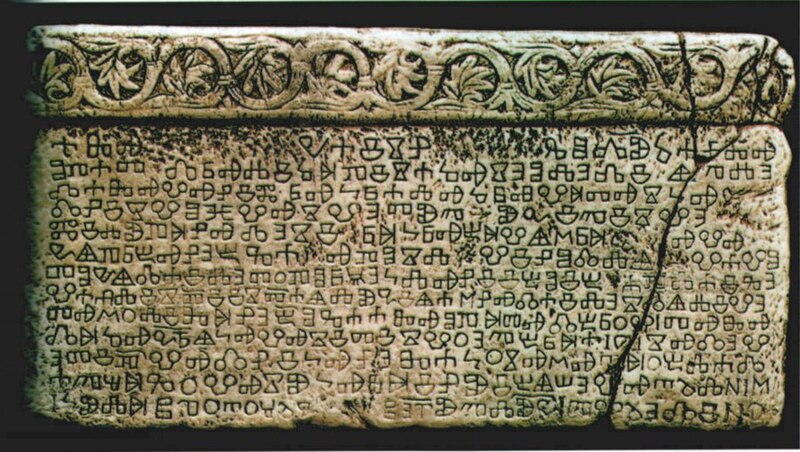Didn't even have to use google translator to understand it, by the way

Czech alphabet does appear much "lighter" than Polish, but still, imo, diactrical signs should be avoided. The differences between the sounds of "s" and "" or "с" and "Č" is to much to be represented by a mere ~ at the top, there should be a separate character.
No, it actually makes more sense to use these signs, because the sounds are close to each other. It's all just a matter of being used to it. I don't doubt Cyrillic works fine as well, but the problem with it is that most of the Western world uses the Latin characters. And though English speakers may squirm and squint

dubious:
) at words like "říský" or "křičí", they can at least try and read it. Latin alphabet is quite universal and with a few modifications it can serve pretty much any language. The system we have in Czech is also pretty good, except the "ů" sign (as in "dům" - house) which is just terribly redundant. If the Poles adopted it, they'd save many trees a year


In Cyrillic your sentence would be:
Četina funguje docela dobře s naprostým minimem diakritických znamének.
Чештина фунгуе доцела добже с напростым минимем диактритичкых знаменек.
Ours takes less space

@Winner
The elements of a national identity are a little like the financial industry. They reflect reality by creating it.
If an artificial Slovakian language with artificial differences helps the Slovaks to have the relationship to their nation they want, let them have it. I get its current ridiculous appearance, but the artificial of today is the natural of tomorrow.
I am not taking it from them

I am simply commenting on how categories like "language" are far from clear cut. Slovak in its "high" form was constituted during the late 19th and the early 20th centuries IIRC, before that it wasn't even recognized as a separate language. In contemporary Czech texts it's called the "tongue of Hungarian Slavs".
Of course, when you codify the language into a standard that is then taught in schools and enforced in the media, you effectively disrupt the natural transitions from one language to another that have existed for centuries. You collapse what used to be a rainbow into just two colours.
And judging from what's happening now, I think the two languages are getting closer to each other again, instead of moving apart. Especially the Slovaks are eager to gobble up Czech culture, so I am not afraid we'll stop understanding each other any time soon.
So you would be fine with Czech being officially renamed in Slovakian?
You don't get what I am trying to say - neither language is a dialect of the other. Both could be seen as dialects of one language that can't be called neither Slovak nor Czech, in the same way you can't call chimps a race of humans or vice versa. I'd call it "modern Moravian" or something like that. Of course nobody would take it seriously, we've all been indoctrinated in the nationalist paradigm ("each nation has to have its own language, and if it doesn't exist, let's imagine it"

). Just look at the Serbs and the Croats, and how they are trying to break one language into two for purely political reasons.
 performed by other artist with better Latin, though]
performed by other artist with better Latin, though]





 I am simply commenting on how categories like "language" are far from clear cut. Slovak in its "high" form was constituted during the late 19th and the early 20th centuries IIRC, before that it wasn't even recognized as a separate language. In contemporary Czech texts it's called the "tongue of Hungarian Slavs".
I am simply commenting on how categories like "language" are far from clear cut. Slovak in its "high" form was constituted during the late 19th and the early 20th centuries IIRC, before that it wasn't even recognized as a separate language. In contemporary Czech texts it's called the "tongue of Hungarian Slavs".  ). Just look at the Serbs and the Croats, and how they are trying to break one language into two for purely political reasons.
). Just look at the Serbs and the Croats, and how they are trying to break one language into two for purely political reasons.